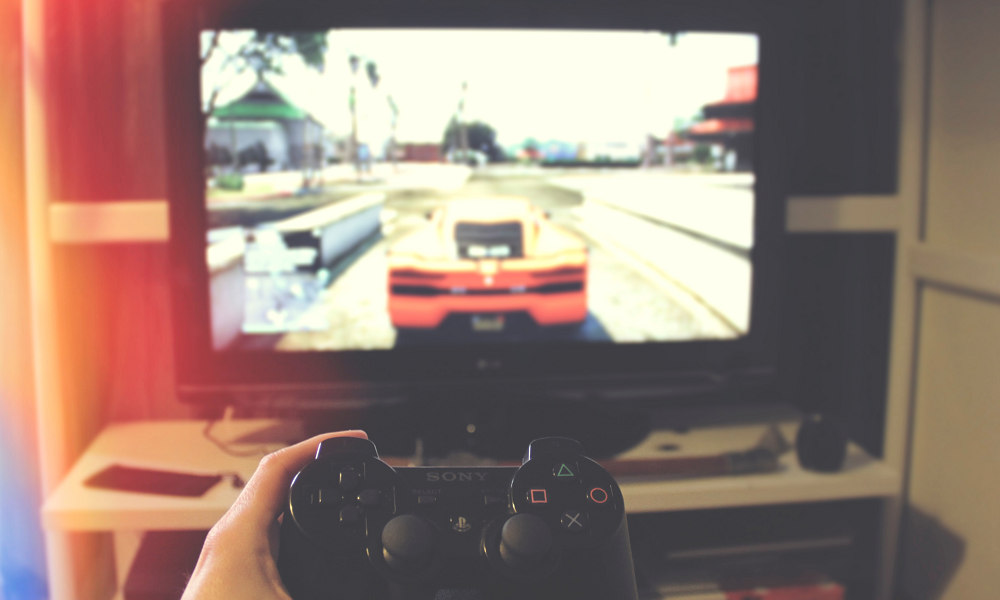Reviews
The Role of Technology in Transforming Game Experiences

Gaming today looks very different from how it did in the 90s. While it sounds obvious – especially when you look at the difference in individual games between now and then – it is important to delve into the technological reasons for why that is. After all, it is not only the games themselves that look different but the culture and communities around them.
That means that you do not only need to examine the technology behind individual games to understand these changes better, but also the role of things like social media in making them what they are today.
Development Costs and Times
The technology involved is not just what you, the player, see on screen. You have to consider the kind of technology that has gone into making the game in the first place. While the specifics might not mean much to someone who isn’t well-versed in the world of game development, what’s important is how it changes the dynamic of sequels, game development costs, and the amount of time a game takes to release.
This is largely true of blockbuster games, meaning that indie games have begun to become more popular as a result. While there are many more factors than simply that behind the recent success of indie titles, including greater awareness, the tighter focus and smaller development window might be one such reason.
Variety and Power of Platforms
This has to be considered along with the amount of choice that modern players have. Beyond the evolving power of PCs, and the latest PlayStation, Nintendo, and Xbox consoles, smartphones have also entered the fray as a possible option. To many people, this is an ideal way to get into gaming in the first place because it means that they do not have to buy a whole new console for it, instead being able to rely on something that they already own.
It is not just that games can be played on smartphones either; these devices are now powerful enough to house experiences that rival what one might find on a console. Even experiences more often associated with mobile gaming, such as casinos like jackpotcity.ca, can rival other gaming experiences through modern audio-visual features and the incorporation of RPG characters into slot games to make them feel more immersive.
Hype Culture
Zooming out to look at the role of social media in the gaming landscape, however, and you might begin to see that it goes hand-in-hand with the longer development costs and times. Broad access to social media means greater access to discussion and speculation about what a game will be or when it will be released, how it looks when it is announced, and finally, about the game itself when it releases. Whether negative or positive, so much discussion can be generated around the idea of a game, that once a game is out, this process can move onto something new and distant, damaging people’s enjoyment and appreciation of any game.

-

 World3 days ago
World3 days agoEthiopian volcano erupts for first time in thousands of years
-

 Legal1 week ago
Legal1 week agoMichigan man JD Vance sentenced to 2 years for threatening Trump and JD Vance
-

 Legal1 week ago
Legal1 week agoWoman in critical condition after being set on fire on Chicago train
-

 World1 week ago
World1 week agoHurricane Melissa registered 252 mph wind gust, breaking global record
-

 Legal6 days ago
Legal6 days agoSuspect in San Diego stabbing shot by authorities after fleeing into Mexico
-

 Legal1 week ago
Legal1 week ago1 dead, 2 injured in shooting at Dallas Walmart parking lot
-

 Legal7 hours ago
Legal7 hours agoUtah Amber Alert: Jessika Francisco abducted by sex offender in Ogden
-

 Health6 days ago
Health6 days agoMarburg virus outbreak in Ethiopia grows to 6 confirmed cases




